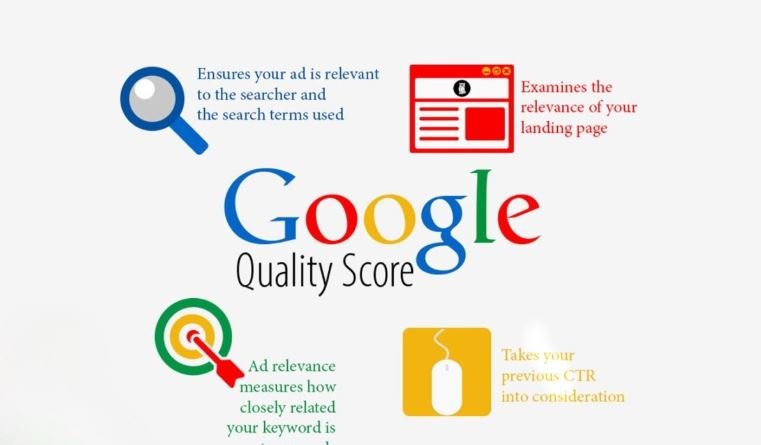Keyword research is the backbone of any successful paid search campaign. It plays a crucial role in ensuring that your ads reach the right audience, driving relevant traffic to your website, and ultimately generating conversions. Without thorough keyword research, your campaign can quickly become inefficient, leading to wasted budget and missed opportunities. Here’s why keyword research is so important in paid search campaigns:

Targeting the Right Audience
Keyword research allows you to identify the terms and phrases your potential customers are using to search for products or services similar to yours. By targeting these specific keywords, you can ensure that your ads are shown to users who are actively seeking what you offer. This targeted approach increases the likelihood of attracting high-quality traffic that is more likely to convert.
Key Points:
- Identifying relevant keywords helps in attracting an audience with intent.
- Tailoring your campaign to user search behavior improves ad relevance.
- Targeting the right audience increases the chances of conversions.
Maximizing ROI
Investing in the wrong keywords can lead to poor campaign performance and wasted ad spend. Keyword research helps you identify the most cost-effective keywords that will generate the best return on investment (ROI). By focusing on high-intent keywords that align with your business goals, you can maximize the efficiency of your budget and drive better results.
Key Points:
- Researching keyword competition and cost-per-click (CPC) helps in budget allocation.
- Focus on keywords with a high potential for conversion.
- Avoiding irrelevant or overly competitive keywords improves cost-effectiveness.
Enhancing Ad Relevance
The relevance of your ads to user queries is a critical factor in determining the success of your paid search campaign. Keyword research helps you understand the language and terminology your audience uses, allowing you to craft ad copy that resonates with them. This relevance not only improves click-through rates (CTR) but also enhances your ad’s quality score, potentially lowering your CPC.
Key Points:
- Ad relevance improves quality score, leading to better ad placement.
- Using keywords in ad copy increases the chances of clicks.
- Relevant ads provide a better user experience, leading to higher engagement.
Understanding User Intent
Not all keywords are created equal—some reflect a user’s intent to purchase, while others indicate they are in the research phase. Keyword research helps you distinguish between informational, navigational, and transactional keywords. Understanding user intent allows you to tailor your ads and landing pages to match the needs of your audience at different stages of the buyer’s journey.
Key Points:
- Targeting transactional keywords can drive conversions directly.
- Informational keywords can be used for content marketing and nurturing leads.
- Aligning your strategy with user intent enhances the effectiveness of your campaigns.
Identifying Negative Keywords
Negative keywords are terms that you don’t want your ads to show for. By identifying negative keywords through research, you can prevent your ads from being triggered by irrelevant searches, reducing wasted spend and improving the overall performance of your campaign.
Key Points:
- Negative keywords prevent your ads from showing to uninterested users.
- Reducing irrelevant clicks lowers your cost-per-conversion.
- Continuously updating negative keywords based on performance data is essential.
Staying Competitive
Paid search is highly competitive, and your competitors are likely bidding on similar keywords. Keyword research helps you understand the competitive landscape, allowing you to identify gaps or opportunities to outperform your competitors. You can also use this information to adjust your bidding strategy or explore less competitive, long-tail keywords that can yield high returns.
Key Points:
- Analyzing competitor keywords can reveal opportunities and threats.
- Long-tail keywords often have lower competition and higher conversion rates.
- Staying ahead of competitors requires ongoing keyword analysis and adjustment.
Conclusion
Keyword research is indispensable for creating and maintaining a successful paid search campaign. It enables you to target the right audience, maximize your ROI, enhance ad relevance, understand user intent, and stay competitive. By investing time and resources in thorough keyword research, you can ensure that your paid search efforts are both effective and efficient, driving meaningful results for your business.




